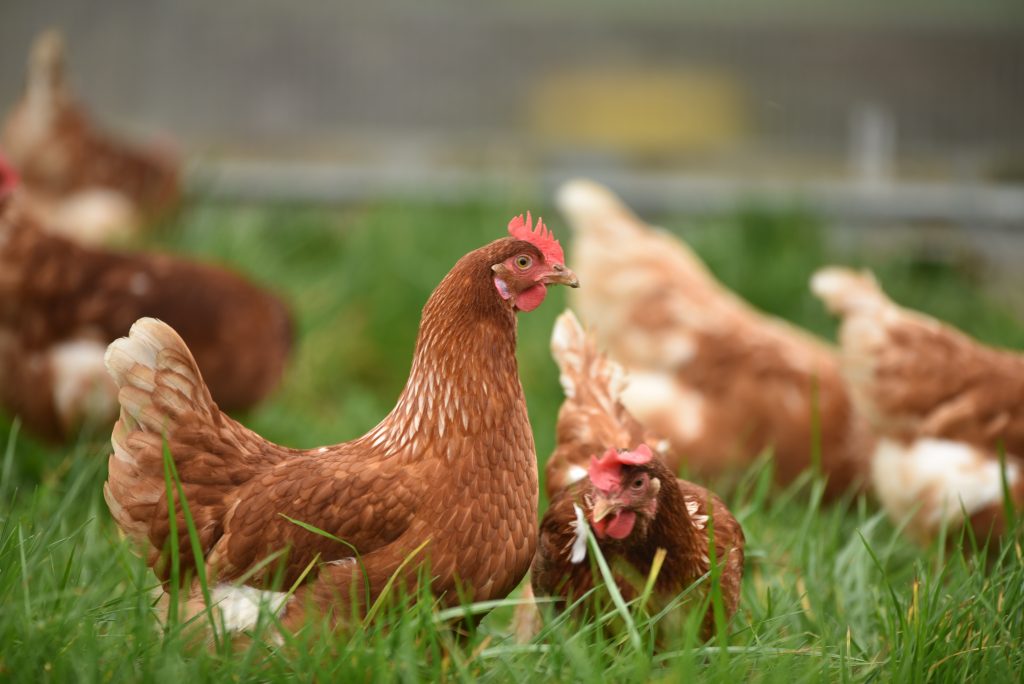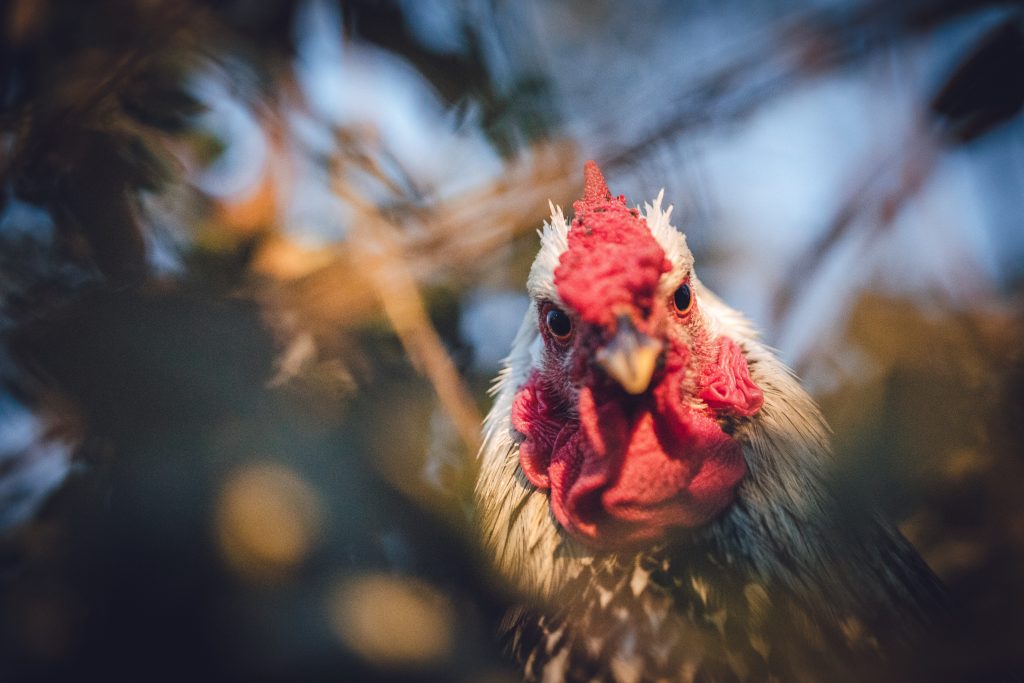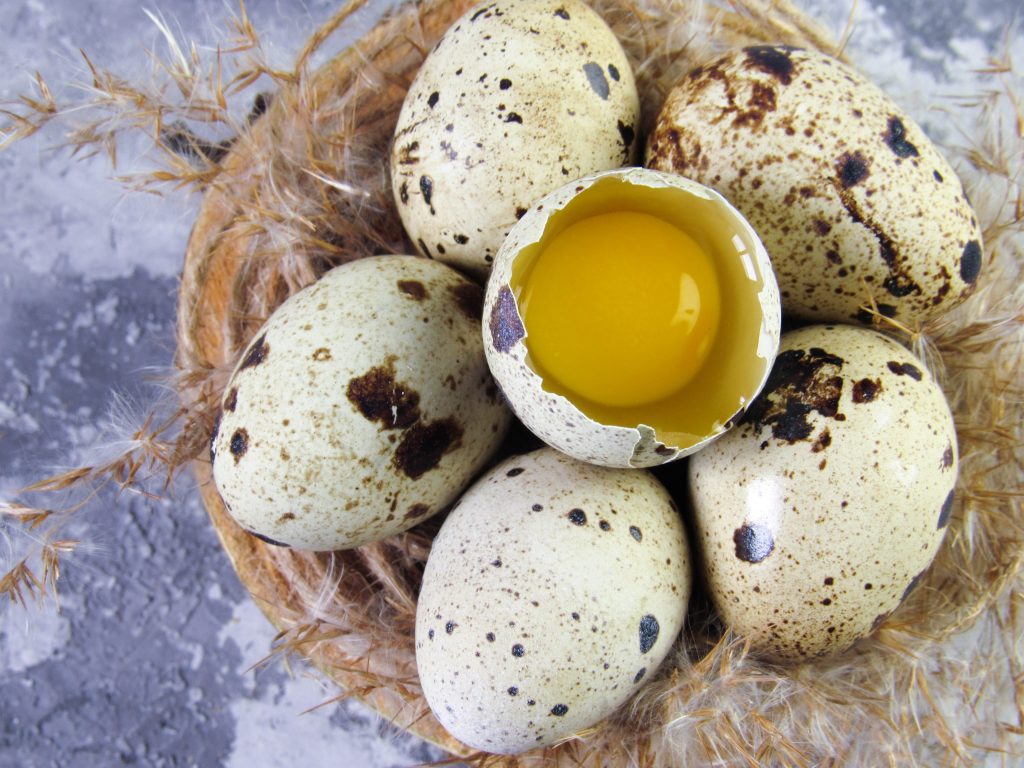Are you thinking about raising birds for eggs or meat? Well, you have two options: chickens or quail. Chickens and quail are both popular poultry birds. They are easy to raise and take care of, but there are some differences between them. In this article, we will compare the pros and cons of raising chickens and quail, so you can decide which bird is the best for you.

What are Chickens?
Chickens are domestic birds that have been bred for thousands of years. They are popular for their meat and eggs. Chickens come in different breeds, colors, and sizes. They are social birds that love to be around other chickens. Chickens are easy to raise and care for, but they require more space than quail.
Pros of Raising Chickens:
- Eggs: Chickens lay larger eggs than quail. They can lay up to 300 eggs per year. Chicken eggs are also easier to handle and sell.
- Meat: Chickens are larger than quail, so they provide more meat.
- Companionship: Chickens are social birds that love to be around other chickens. They are fun to watch and can be great pets.
- Pest Control: Chickens love to eat insects, so they can help control pests in your yard or garden.

Cons of Raising Chickens:
- Space: Chickens require more space than quail. You need at least 2 square feet of space per chicken in the coop and 8 to 10 square feet of outdoor space per chicken.
- Noise: Roosters can be noisy, especially in the early morning. If you have close neighbors, they may not appreciate the noise.
- Mess: Chickens can be messy. They scratch the ground to look for food, which can make a mess in your yard or garden.

What are Quail?
Quail are small game birds that are native to America, Asia, Europe, and Africa. They are popular for their meat and eggs. Quail are smaller than chickens, so they require less space. They are also quieter than chickens and are less likely to make a mess in your yard or garden.
Pros of Raising Quail:
- Eggs: Quail lay smaller eggs than chickens, but they lay more eggs. Quail can lay up to 300 eggs per year, and their eggs are considered a delicacy in some countries.
- Meat: Quail are smaller than chickens, but they provide more meat per pound than chickens.
- Space: Quail require less space than chickens. You only need 1 square foot of space per quail in the coop and 2 to 3 square feet of outdoor space per quail.
- Quiet: Quail are quieter than chickens. They are less likely to disturb your neighbors.
Cons of Raising Quail:
- Fragile: Quail are fragile birds. They can get scared easily and can be prone to injuries.
- Flighty: Quail are more flighty than chickens. They are not as social as chickens and may not be as friendly.
- Temperature Sensitivity: Quail are sensitive to temperature changes. They need a warm, dry environment to thrive.

Which bird is the best for you?
Now that you know the pros and cons of raising chickens and quail, you can decide which bird is the best for you. If you have a large yard or farm and want larger eggs and more meat, chickens may be the best choice for you. If you have limited space, want more eggs, and a quieter bird, quails may be the best choice for you.
Another thing to consider is the reason why you want to raise birds. If you are looking for a fun and social pet that can also provide you with eggs and meat, chickens may be the best option. If you want a bird that requires less space and is easier to care for, quail may be the better choice.
Final Thoughts
Raising chickens and quail can be a fun and rewarding experience. Both birds are easy to care for and provide eggs and meat. However, there are some differences between them that you need to consider before making a decision.
Chickens require more space and can be noisier and messier, but they lay larger eggs and are more social. Quail require less space and are quieter, but they are more flighty and fragile.
Ultimately, the best bird for you depends on your individual needs and preferences. Consider the pros and cons of each bird and decide which one is the best fit for you. Whether you choose to raise chickens or quail, you will enjoy the benefits of fresh eggs and delicious meat.
In summary, chickens and quail are both great options for raising birds. Chickens are larger and more social, while quail require less space and are quieter. When deciding which bird to raise, consider your space, needs, and preferences. With the right care and attention, both chickens and quail can provide you with fresh eggs and meat for years to come. Happy homesteading!






